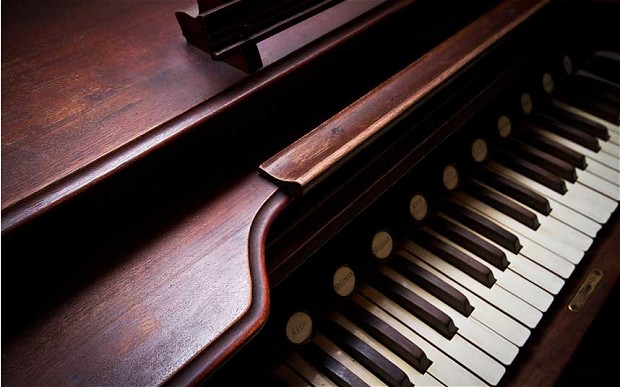Music therapy
Music is particularly influenced on our mood, relaxes us or excites us, makes us sad or happy. But music can do much more. More and more studies show that music can promote the healing process in various diseases.
That music influenced both: the blood pressure and the heart rate, is now indisputably. Music in this way can solve inner tensions and relieve stress-related symptoms. But that music can be used specifically in the treatment of certain diseases and even possibly contribute to reducing the dose of medication – this knowledge is only gradually catch up medical professionals.
Music passes through the auditory nerve directly into our brains. As studies show, this is the “motivation hormone” Dopamine and the “happiness hormone” Endorphin. The attention, the emotion, the movement and the Language Centre and the memory to be specifically addressed by music.
Choristers are relaxed.
The positive effects of music are highly different. Thus studies have shown what making music. While singing in a choir evokes feelings of security. Thus the so-called “cuddle hormone” oxytocin transported and even the immune system strengthens. And who learned an instrument, not only promotes the fine motor skills of his hands, but also develop certain brain centers that are responsible for hearing, vision and movement. This can be used for example for the specific stroke rehabilitation.
So it’s may be useful when patients learn to play on piano after a stroke with the affected hand. The sounding tone provides precise feedback for the success of the individual finger movement. Later the effects of piano playing fingers will be even surpass those of other fingers. In addition, the music increases the motivation and can help patients regain vitality and optimism.
Bach triggers fears.
Can music alleviate stress and anxiety and bring relaxing harmony? 372 patients in whom was scheduled surgery, received as “premedication” or drug “Midazolam” or heard melodies of Bach. The effect was evaluated on the basis of a Fear Index. It was found, that both, before and after surgery anxiety symptoms in the pre-treated with music group were significantly lower than in the patients who received Midazolam.
Therefore there is no doubt that music – operated whether active or passive – has a variety of health-promoting properties. Targeted treatment by music can support regeneration mechanisms, promote neurological networking, relieve stress and pain and even lead patients to less medication consumption.
